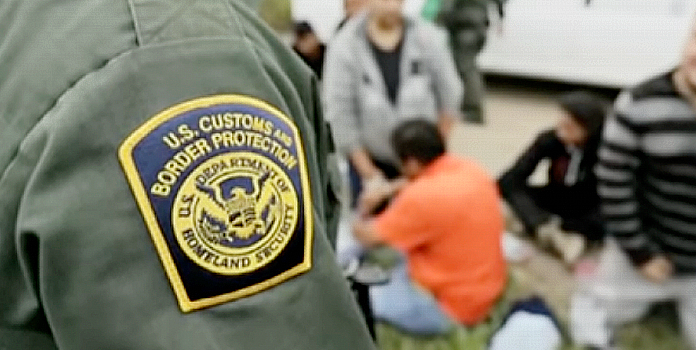(Headline USA) Democrats are pushing to give special privileges to illegal immigrants who identify as LGBT, arguing that they qualify as a “vulnerable person” and should thus receive deferential treatment.
A bill backed by dozens of Democrats in the House and Senate, called the Dignity for Detained Immigrants Act, would set minimum standards for detention facilities where illegal aliens are held as they await processing. The bill would ban the use of private detention facilities and also make it harder for immigration officials to detain people who identify as gay, lesbian, or transgender.
“Our immigration system has allowed for the unjust treatment of immigrants and stripped them of their humanity and due process,” Sen. Cory Booker, D-N.J., one of the bill’s sponsors, said in a statement on Thursday. “We must respect and protect the basic rights of immigrants detained in the United States.”
Under the bill, immigration officials would have only 48 hours to determine whether to detain an alien, and would only be allowed to detain them if they determined that the “release of an alien will not reasonably ensure the appearance of the alien as required or will endanger the safety” of others.
If an alien is detained, border officials must enforce “the least restrictive conditions” possible and only under the “presumption that the alien should be released.”
Certain groups of illegals would be exempt from detention altogether. The bill would create a “special rule for vulnerable persons and primary caregivers” making it illegal for them to be detained unless immigration officials can demonstrate that it is “unreasonable or not practicable to place the alien in a community-based supervision program.”
The bill defines a “vulnerable person” as anyone who is under 21, older than 60, pregnant, or who “identifies as lesbian, gay, bisexual, transgender, queer, or intersex.”
In addition, illegals with a credible fear of persecution, “limited English language proficiency,” those experiencing “severe trauma,” and survivors of “torture or gender-based violence” also meet the definition of a “vulnerable person.”

